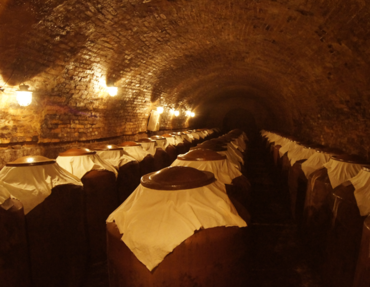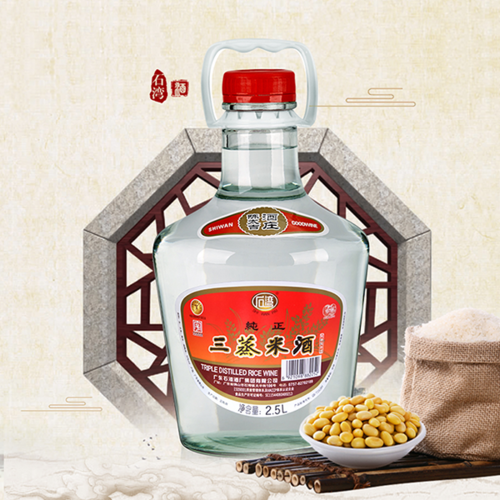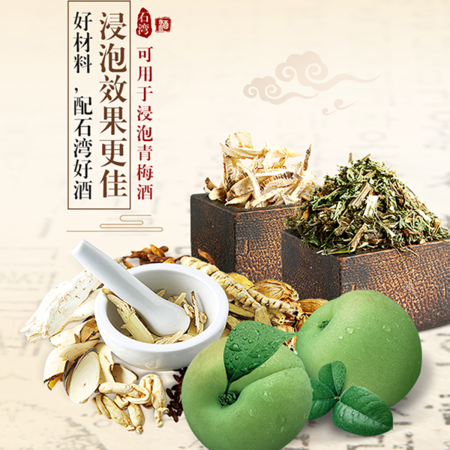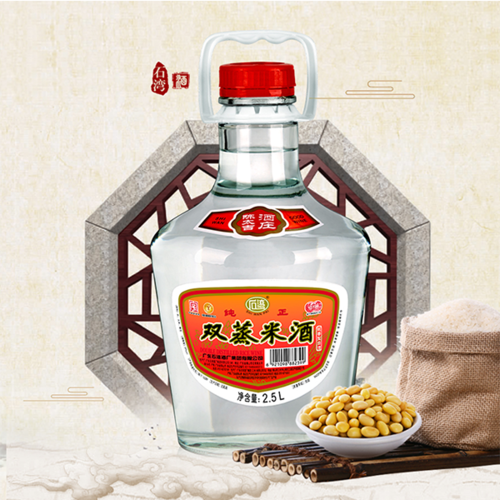What are Herbal Spirits?
Herbal spirits, also known as herbal liqueurs, are a fascinating category of alcoholic beverages that have been enjoyed for centuries. These spirits are made by infusing herbs, roots, flowers, or bark into alcohol, often sweetened, and boast a variety of flavors due to the different herbs and spices used. This article will delve into the world of herbal spirits, exploring their history, popular types around the world, their making process, uses, and even how to make your own at home.
The History of Herbal Spirits
Herbal spirits have a long and storied history, with their origins often traced back to the ancient times when they were used for medicinal purposes. Monks, with their deep knowledge of medicinal plants and their properties, were often the creators of these spirits. They believed that the spirits could cure a variety of ailments, from digestive issues to colds and flus. Over time, these medicinal drinks evolved into the herbal spirits we know and enjoy today.
Popular Herbal Spirits Around the World
Herbal spirits are enjoyed worldwide, with each region boasting its unique variants. For instance, France is renowned for Chartreuse, a herbal liqueur made by the Carthusian Monks since 1737, featuring a secret recipe that includes 130 herbs, plants, and flowers. Germany is home to Jägermeister, a dark and aromatic herbal spirit made from 56 different herbs, fruits, roots, and spices. Italy offers us Sambuca, a sweet and strong liqueur flavored primarily with star anise, elderflower, and licorice. Hungary has Unicum, a bitter tincture made from more than forty different herbs and spices. Each of these spirits has a unique flavor profile and method of production, contributing to the rich tapestry of herbal spirits.
The Making of Herbal Spirits
The process of making herbal spirits involves infusing chosen botanicals in high-proof alcohol, then adding water and sugar. The mixture is left to age for a period of time to allow the flavors to meld together. The aging process often takes place in oak casks, which can impart additional flavors into the spirit. The result is a complex, flavorful spirit that is greater than the sum of its parts.
Uses of Herbal Spirits
Herbal spirits are incredibly versatile and find use in a variety of applications. They are often used in cocktails, where their complex flavors can add depth and interest to the drink. However, their uses extend beyond the bar. In the kitchen, they can enhance the flavor of sauces, soups, dressings, and even pie fillings. Some herbal spirits are also used to flavor sodas and ice cream, demonstrating their wide-ranging culinary applications.
DIY Herbal Spirits
For those interested in the art of spirit making, creating homemade herbal spirits or bitters can be a fun and rewarding process. It involves infusing chosen botanicals in high-proof alcohol, then adding water and sugar. The mixture is left to age for a period of time to allow the flavors to meld together. With a bit of patience and experimentation, you can create a unique herbal spirit that reflects your personal taste preferences.
Conclusion
Herbal spirits are a fascinating category of spirits that offer a wide range of flavors and uses. Whether you're sipping them neat, mixing them into cocktails, or using them in your cooking, these spirits offer a world of possibilities. So the next time you're looking for a unique and flavorful spirit, consider reaching for a bottle of herbal spirits.







